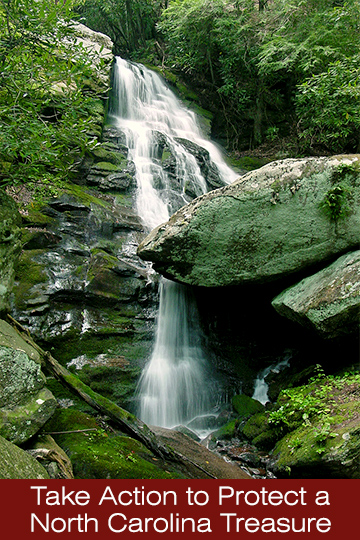Front Porch Blog
Updates from Appalachia

Prayers not pipelines
Jill Averitt lives in Central Virginia with her extended family on a patch of land where collectively they are raising seven children, lots of vegetables–and in the past year, a ruckus over Dominion’s plans to run a massive fracked gas pipeline right through that land. She created the “Prayers Not Pipelines” project as a powerful way to connect with her neighbors, and to protect her home and community.
Powering Up: Diversifying central Appalachia’s economy
From The Appalachian Voice: As coal production continues to decline, many citizens and groups in central Appalachia are working hard to find new avenues for economic diversification.
Budget holds promise for Central Appalachia
Today the U.S. Congress passed a spending bill that covers expenditures for agencies including the U.S. Environmental Protection Agency, Department of the Interior, Department of Labor, and the Appalachian Regional Commission. The spending bill is a big deal for Appalachian Voices and our work. And honestly, it looks pretty darn good.
What to expect for Virginia’s energy policy in 2016
Around this time of year, we usually offer a legislative preview, looking ahead at the issues that will arise in the upcoming session of the Virginia General Assembly. Recent events relate to some of those possible energy policy changes, thickening the plot and making this session one worth engaging in — especially for customers of Appalachian Power Company.
Help protect North Carolina’s forest wilderness
More than 50 years after the Wilderness Act was signed into law, less than one third of one percent of North Carolina’s land area has been protected as wilderness. The U.S. Forest Service is revising its plan for the Pisgah and Nantahala Forests, and is seeking public comment to help determine the future of some beloved places in the state.






